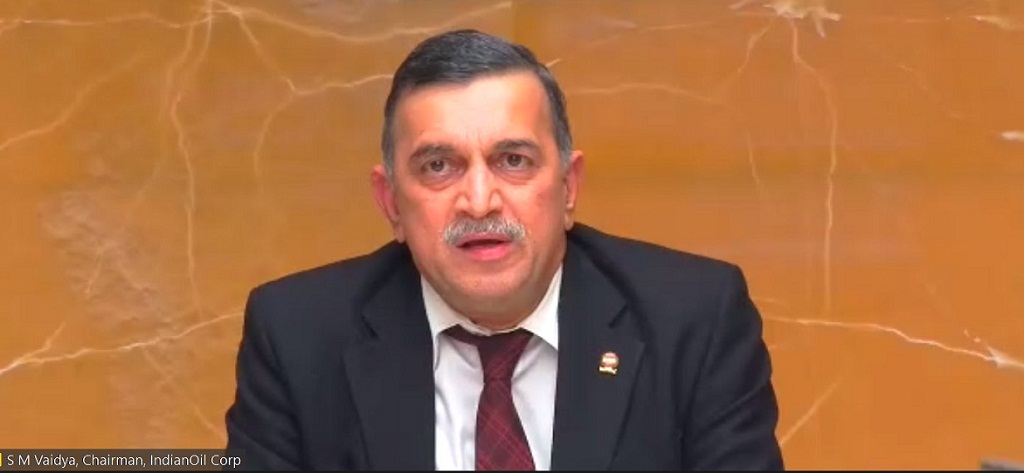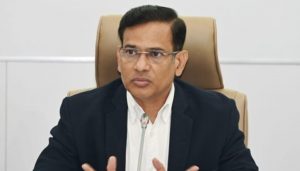‘We have to embrace innovation and empower entrepreneurship among locals in the rural areas’ – Shrikant Vaidya

Pune, December 4, 2020: “Despite having finances to invest in industries, technical support and availability of credit post-independence, entrepreneurial growth is yet to take off in India. To generate and accelerate the economy and create more jobs, we have to embrace innovation and empower entrepreneurship among locals particularly in the rural areas,” said Shrikant Vaidya, Chairman, Indian Oil Corporation.
He was speaking at the 8th National Conference on Social Innovation (NCSI) organized online by the Pune International Centre (PIC) in association with the National Innovation Foundation & Tata Institute of Social Sciences (TISS), Mumbai today in presence of Dr. R A Mashelkar, President, PIC, Dr. Vijay Kelkar, Vice President, PIC, Prashant Girbhane, Hon. Director, PIC, Abhay Vaidya, Asso. Director, PIC and Dr. Kiran Kulkarni, Director, Urban Development.
“To transform the country into a USD 5 million by 2020 is a big challenge as literacy levels of 80 percent of the labour workforce is below average. We need educational and economic regulations to provide opportunities and better jobs,” Vaidya added.
The two-day conference will recognize 18 social innovators from urban, rural and tribal categories out of 100 entries from various fields including education, health and environment. Six innovators from the tribal category gave presentation on Friday over their innovations in different streams.
Raghunath Mashelkar said, “Due to the COVID19 pandemic lots of lives were lost and livelihoods were affected so now it is time to recover and for that social innovation is the key. We need disruptive innovation, which is sustainable. Young India is progressing now and we have access to talent and technology, which is going to change the course of the future.”
Dr. Kiran Kulkarni said, “Tribal are considered as underprivileged in India but the fact is that they are culturally more advanced. In Maharashtra 9 percent of the state budget goes toward tribal welfare therefore focus on the development of tribal is very significant.”





